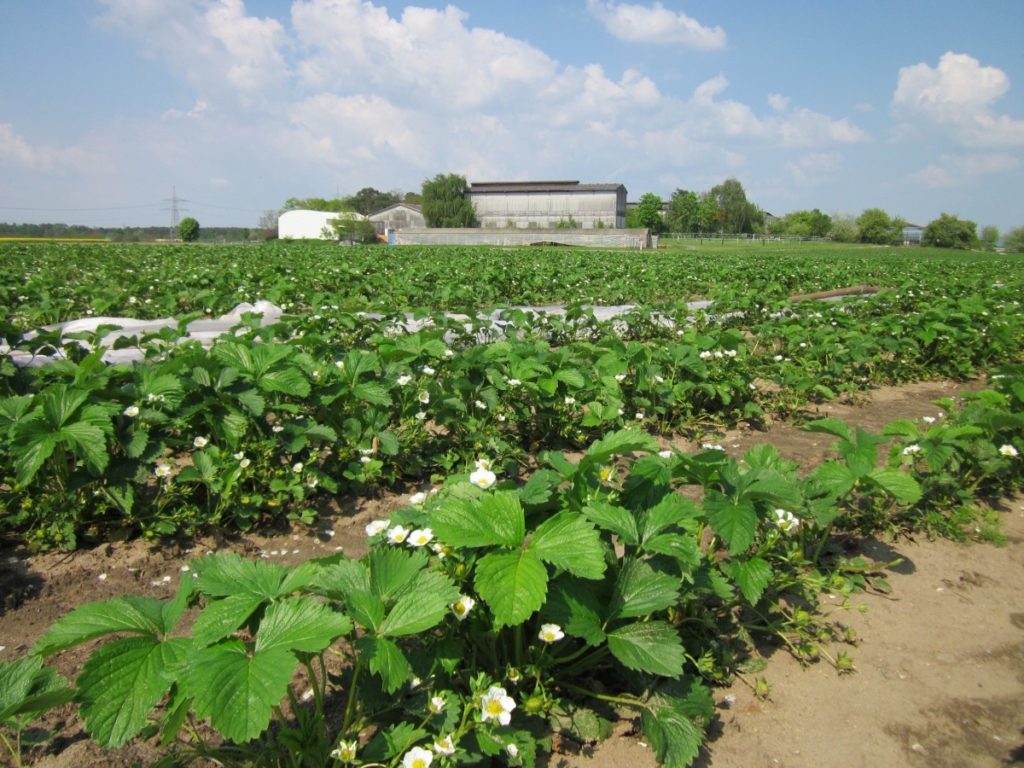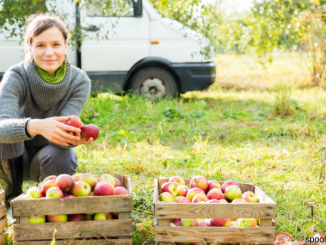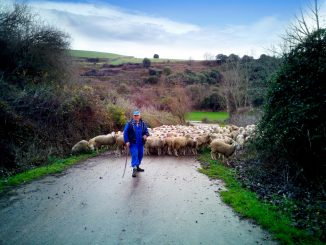
The newly announced German coalition government has agreed a 20% organic land area target by 2030. The coalition between the CDU (Christian Democratic Union) and SDP (Social Democratic Party) and the CDU affiliated CSU (Christian Social Union). The SDP membership voted by 66% to accept the coalition deal, having secured the Finance Ministry.
Currently, Germany has 7.5% of its farming land under organic management. 20% of the total utilisible land area would result in 3.4 million hectares farmed organically. The market for organic products in Germany is approaching 10 billion, however Germany also has the largest number of organic food importers in the EU, as demand outstrips supply. While there was a 20% target for organic under the previous government, there was no date given for this target to be achieved.
A number of other agri-food elements have been brought into the negotiations, on food quality, animal welfare and glyphosate.
Plans to reduce sugar, fat and salt in food were announced. A raft of environmentally sound practices for the entire farming sector has also been provisionally agreed.
A new animal welfare label will be announced for 2019, which will include reduced antibiotic use and the support of alternatives to piglet castration.
Glyphosate will be phased out “as soon as possible”.
With both major parties in this coalition – and bearing in mind that the Greens are not even involved – it seems clear that a move towards higher animal welfare, food quality and environmental standards is becoming even more mainstream in the EU’s powerhouse economy and biggest population base.
All of this said, these targets, as Bioland’s president Jan Plagge point out, though welcome, are not legally binding in any way.
This language of a glyphosate phase out ‘asap’ mirrors the recently fudged language of Macron in France on the glyphosate issue.
ASAP depends on whether the aim is to find a different herbicide to replace glyphosate, to try to usher in different approaches to farming – the many little hammers approach of agroecology regarding weed and pest management – or whether easy targets are aimed for first.
Easy targets would include schools, public parks, roadsides and other places where glyphosate is currently used (France has banned its use in all public places already, except sports stadiums and graveyards).
A French agricultural research agency – INRA – presented a report to both the Environmental and Agricultural ministries last year, where it argued that it is indeed possible to phase out glyphosate in nearly all farming systems.
They noted the following four exceptions under current farming systems, as pinch points in phasing out glyphosate.
The first mentioned was conservation agriculture. This is currently only 4% of total cereal land in France, but, nonetheless, it is difficult to do conservation agriculture without glyphosate, at least in its no till format. Next was “terraces and stony fields” – in the French context, this refers to vineyards. The final two were vegetable seed production and the linen production chain.
Interestingly, they recommended glyphosate free marketing initiatives, to help develop this market. They also emphasised the importance of redesigning farming systems to be better able to cope with fewer agri-industrial inputs.
Previous research in France had noted that huge reductions in biocide use could be ushered in without reducing productivity, as the substances were being overused. France also has a biocide reduction initiative called ecophyto – see also more recently Ecophyto 2) which means biocide sellers have to promote alternatives, such as mechanical, biological or other management approaches. Stricter rules are also set to come in in 2019 on home gardener’s use of biocides in France.
There are, increasingly, GM free, pesticide free, animal welfare (from slaughter free milk to cows-kept-with-calves cheese) and other labels emerging in various markets.
A version of this article also appeared in the Irish Examiner’s farming edition.





I have been appreciatively following this website and reading Robert”s books for many years, and this is the single most unfortunate thing I have ever seen him involved with. Please note that everything in Paul Driessen”s article is about glyphosate and cancer. Now note that 99% of the massive case against glyphosate”s health dangers to humans has nothing to do with cancer. I suggest readers try googling glyphosate health and similar combinations and follow some of the leads carefully. Though the final verdict may not be in yet, an objective reader will soon begin to learn about some of the really huge issues at stake. A massive experiment on humans” health is currently being conducted due to glyphosate and the preliminary results are looking very ugly indeed. Forget the cancer red herring.